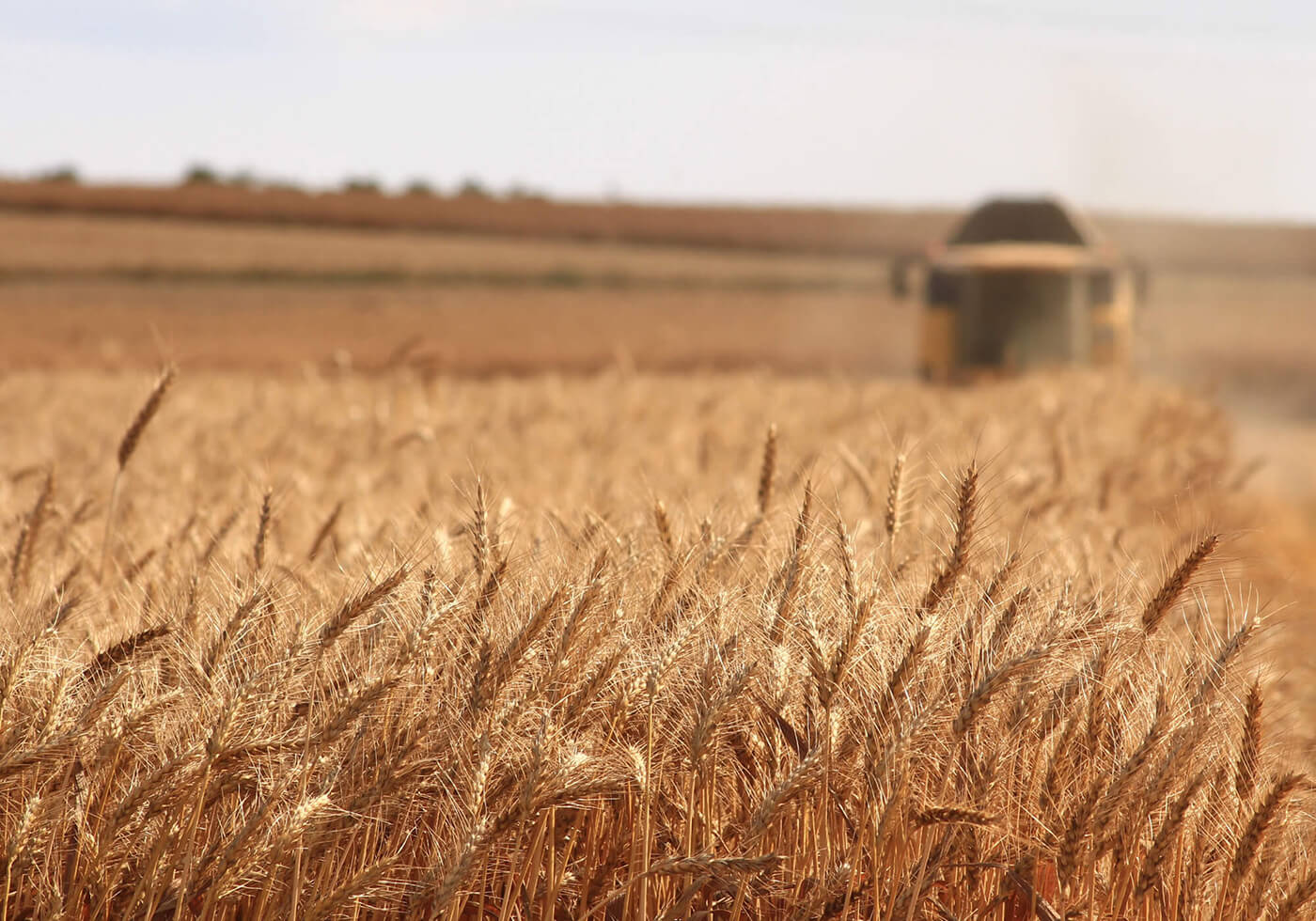AbacusBio consultant Hadyn Craig has been leading a project to develop international opportunities for the UK Agri-Tech Innovation Centres.
The project involves connecting with academic and commercial organisations, to explore areas where UK AgTech can provide solutions that increase food production efficiency and farm profitability.
The Innovation Centres were established after the British government initiated an Agri-Tech Strategy in 2013, which was designed to enhance the sustainability of the British agricultural sector and increase export of expertise and AgTech products.
The strategy was backed by funding of £160M, with a further £90M announced in February this year.
Of the £160M, £90M was used to establish four centres of innovation excellence:
1. CIEL – Centre for Innovation Excellence in Livestock
2. CHAP – Centre for Crop Health and Protection
3. Agri-EPI – Centre for Engineering and Precision Agriculture
4. Agrimetrics – Centre for Agri-Food Value Chain Data
Each centre has invested in assets that can help advance innovation. These include glasshouse facilities with advanced imaging technology, mobile sheep meat computed tomography (CT) scanner, and big data integration infrastructure.
The centres also formed partnerships with leading academic and commercial organisations – providing a single point for businesses and researchers to gain access to technology and expertise.
An important aspect of the centres is extending technology and expertise globally – that is enabling export growth for UK-based organisations whilst providing innovative solutions to improve many areas of the food value chain internationally.
Meeting this objective has involved developing relationships in Paraguay, India, United States, China, and New Zealand.
“Visiting a range of different markets has been brilliant,” Hadyn says.
“I’ve looked at large-scale cattle ranches in Paraguay, small holder cropping units in India, as well as egg production and indoor vegetable production in China.”
Visiting these farms to see first-hand where smart technology can be applied has been really important, as there is a significant opportunity to apply simple innovations to increase production, improve management of variation, and provide solutions for sustainable practices.
In most cases, it is simple technology that is easily implemented and easily understood, which can have a big impact.
Whilst still exploring new opportunities, Hadyn is currently supporting project development across a number of countries, including Columbia, India, Paraguay, and United States, applying a range of technologies like remote beef monitoring systems for real-time growth rates, satellite imaging for crop monitoring, and autonomous farming systems.






